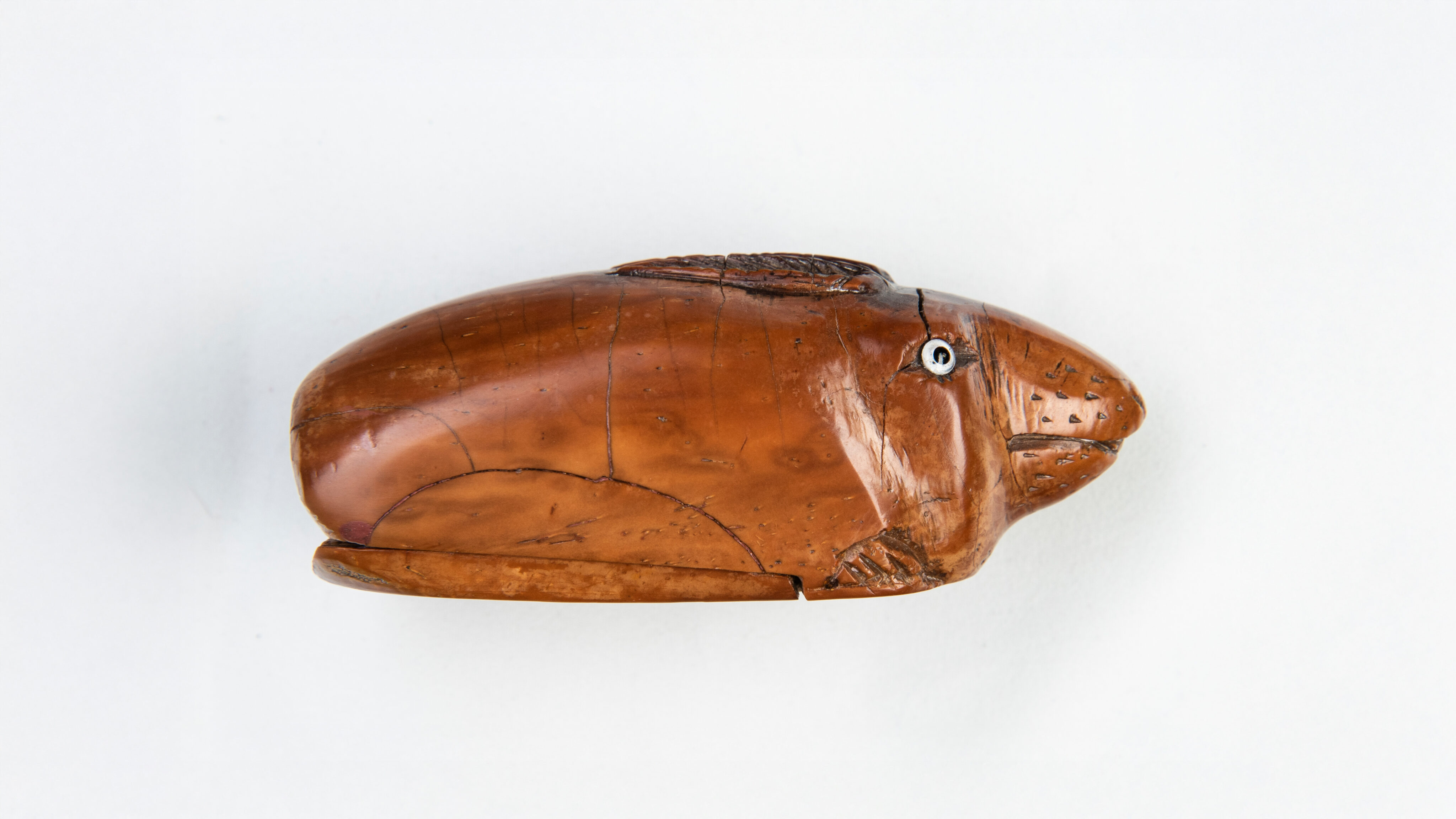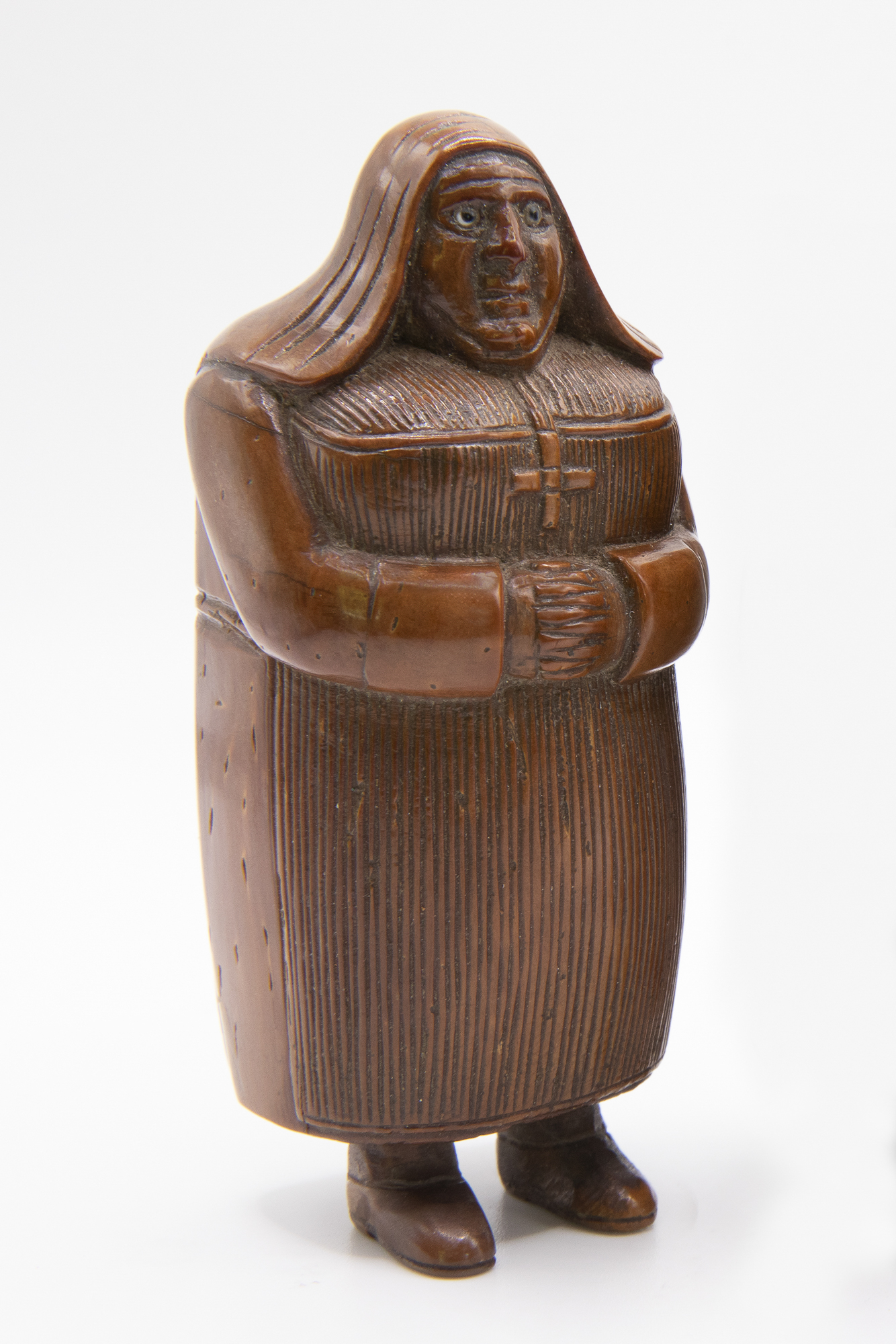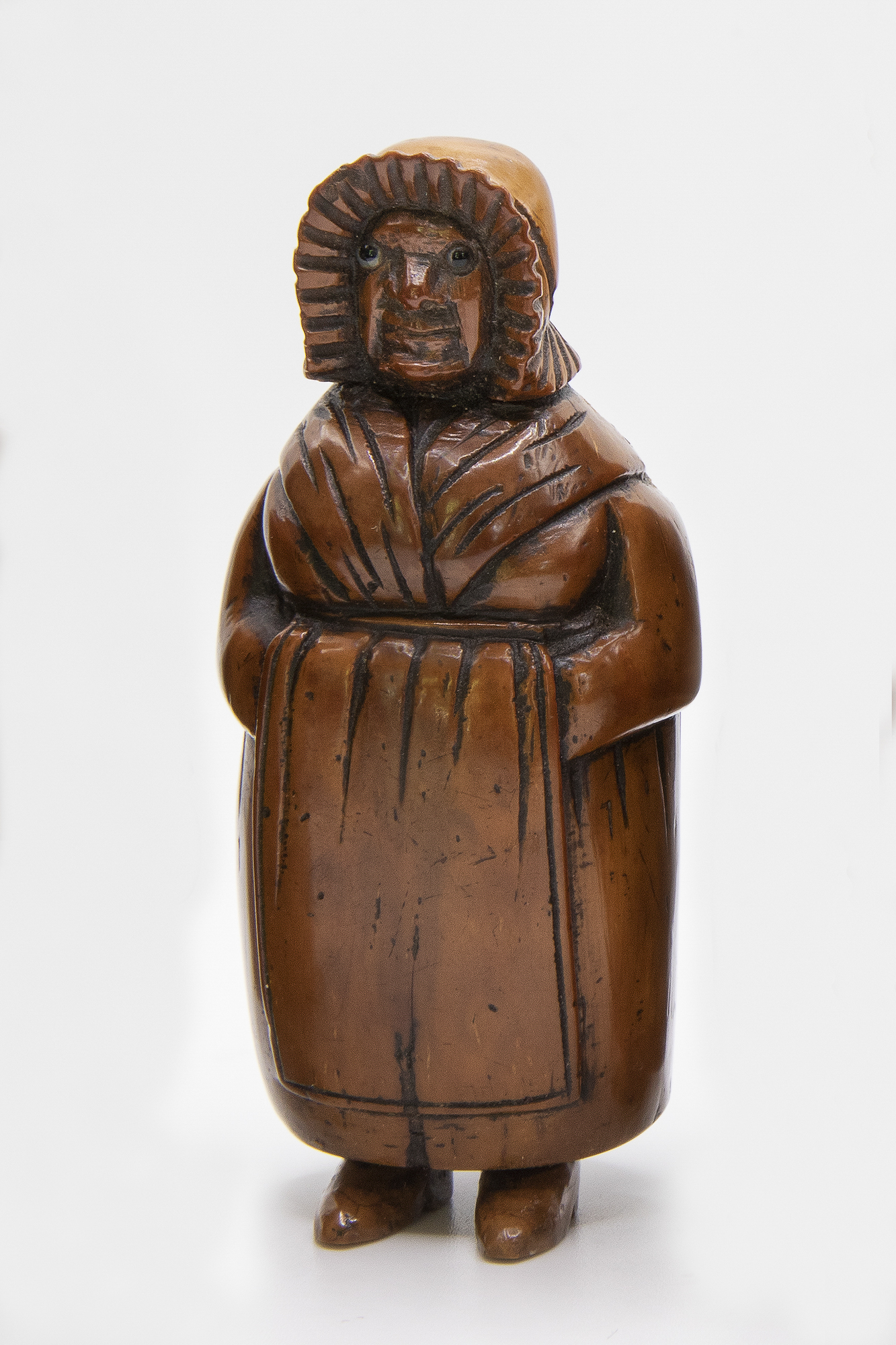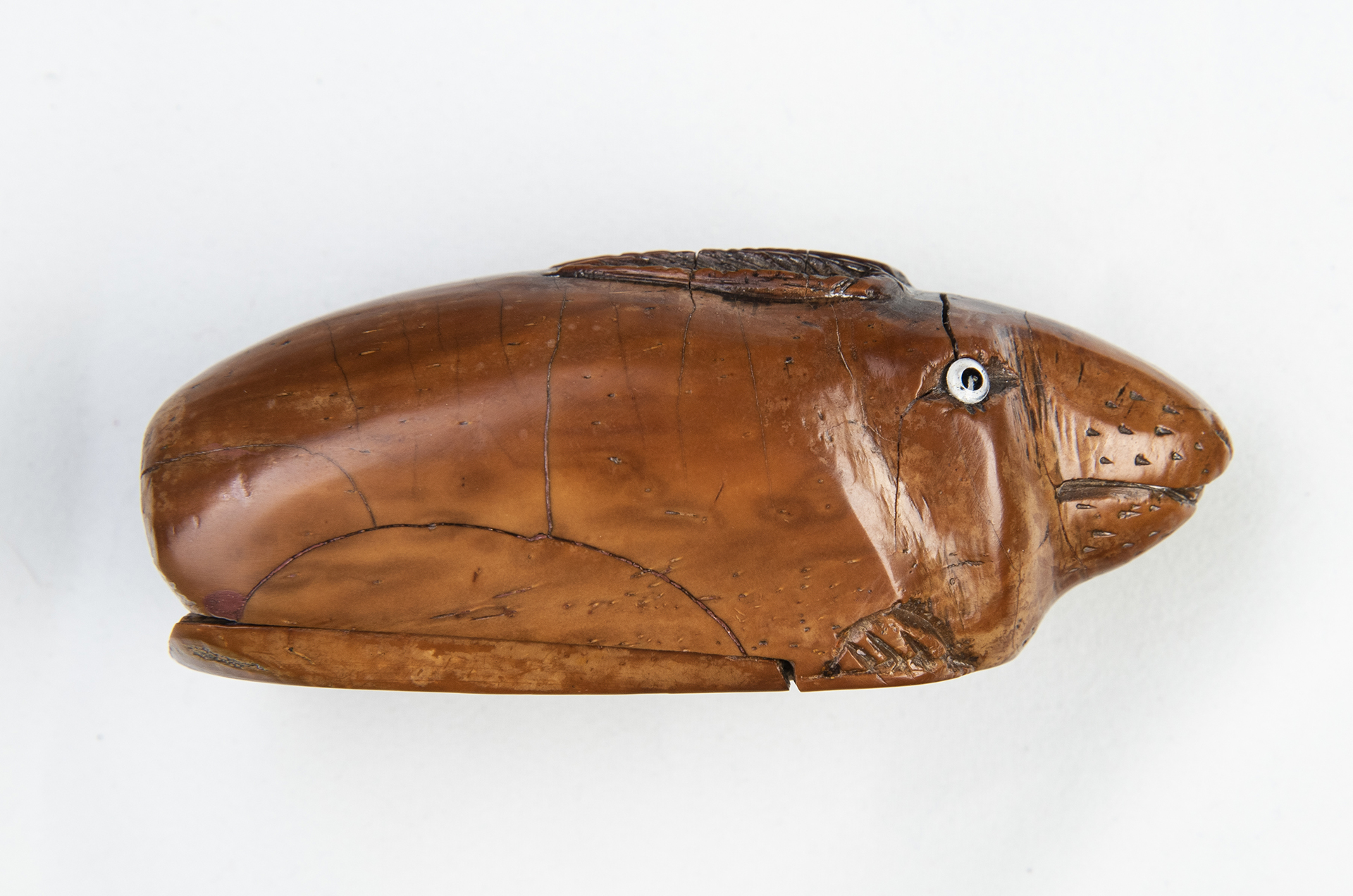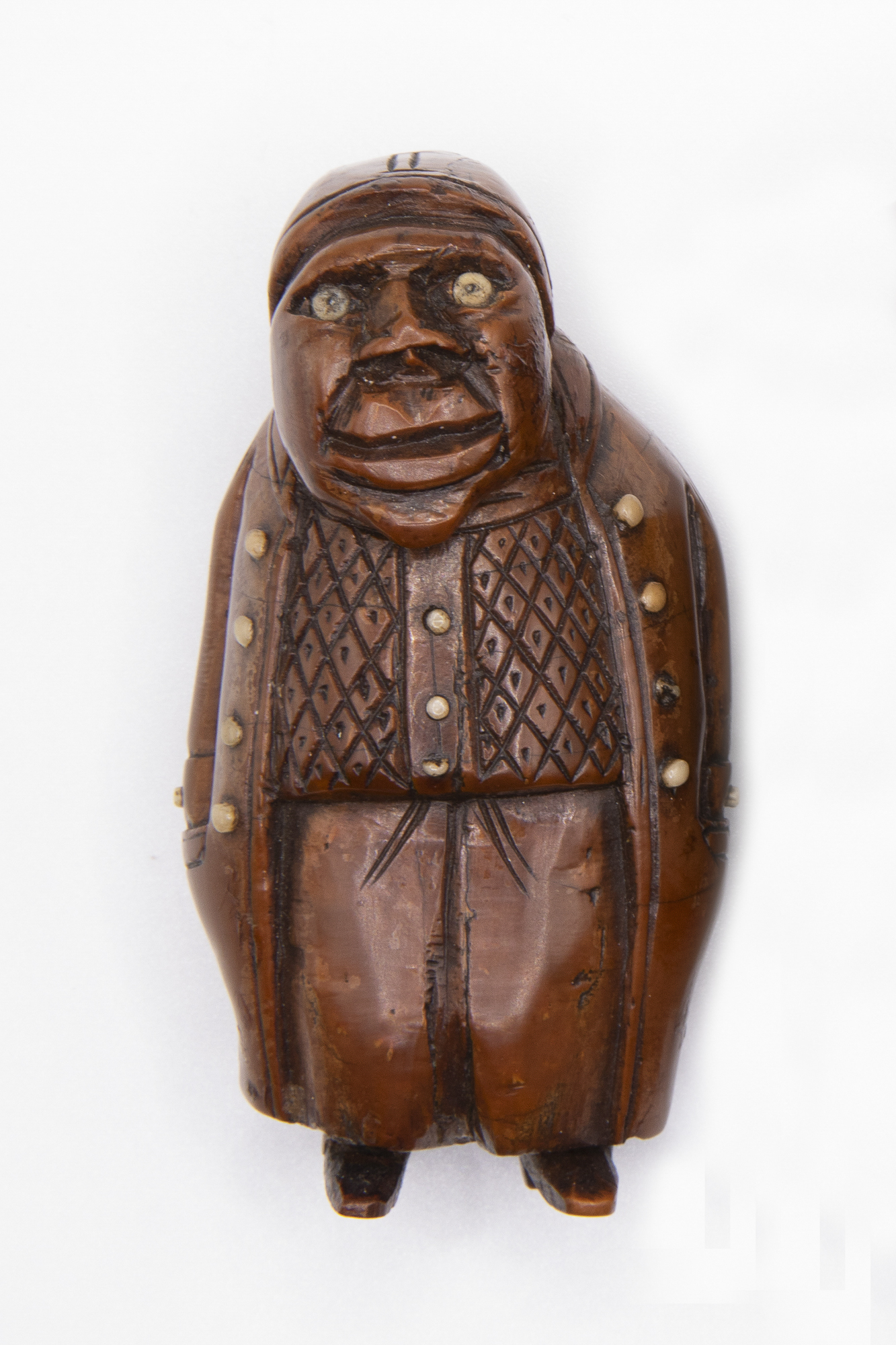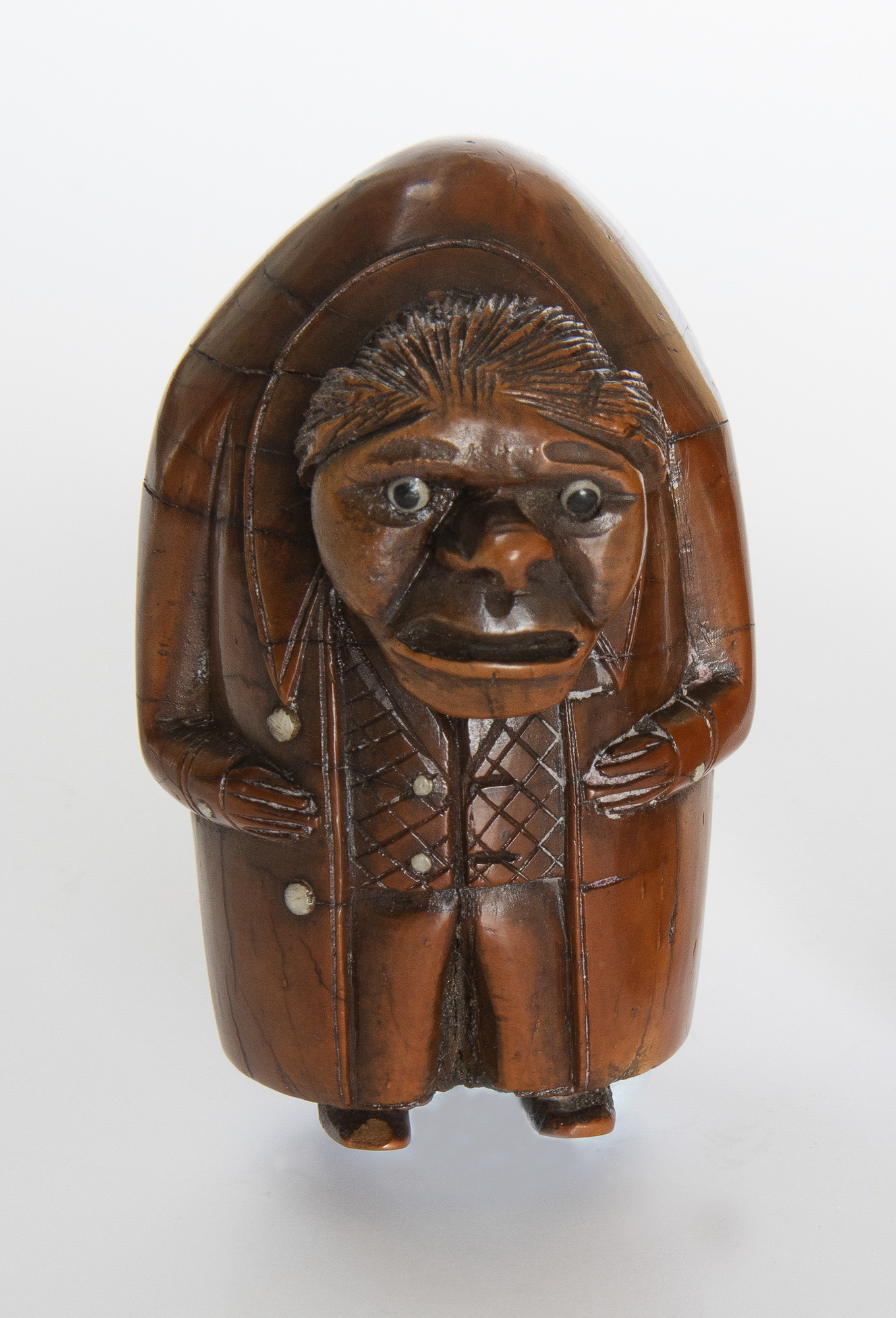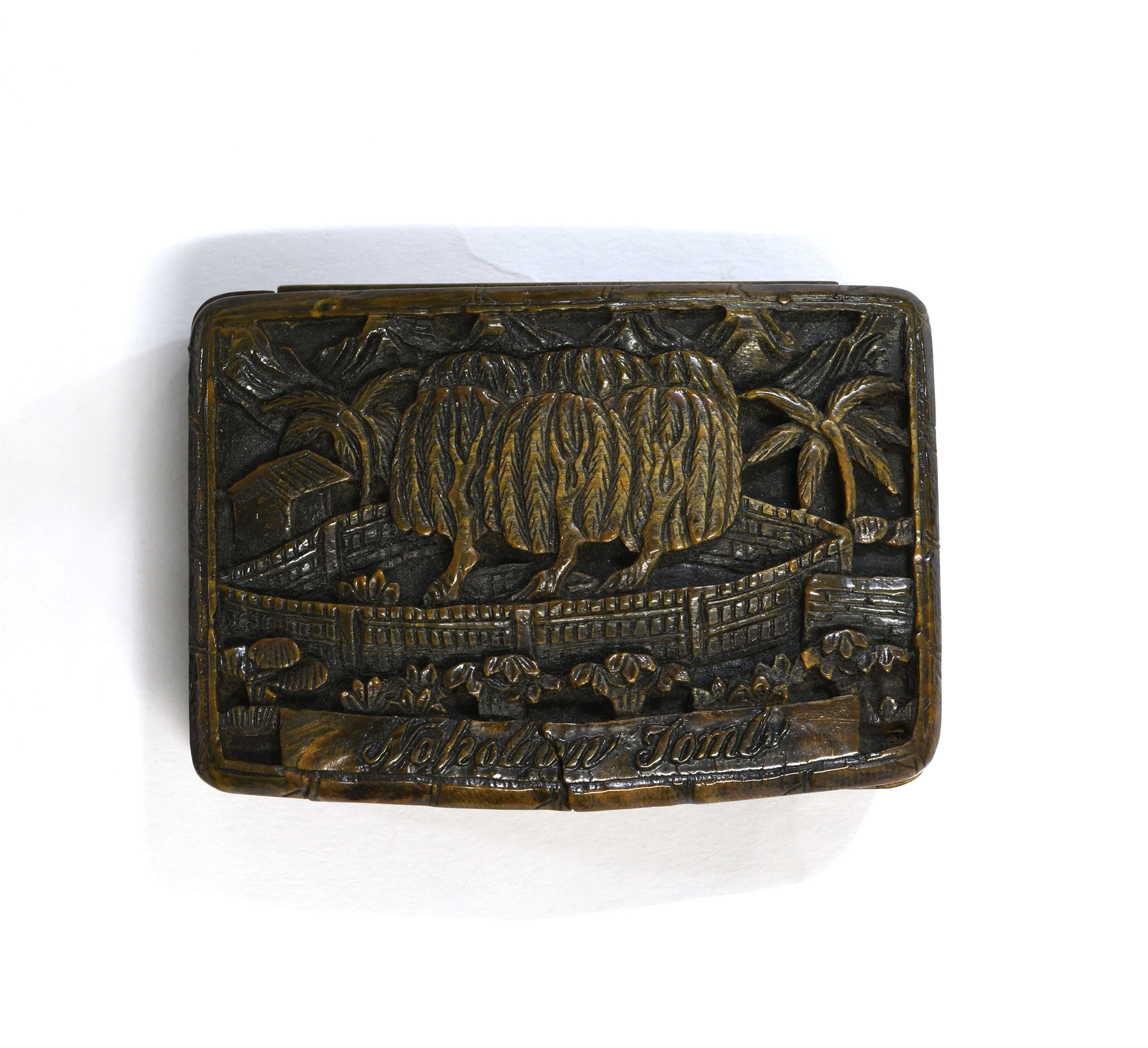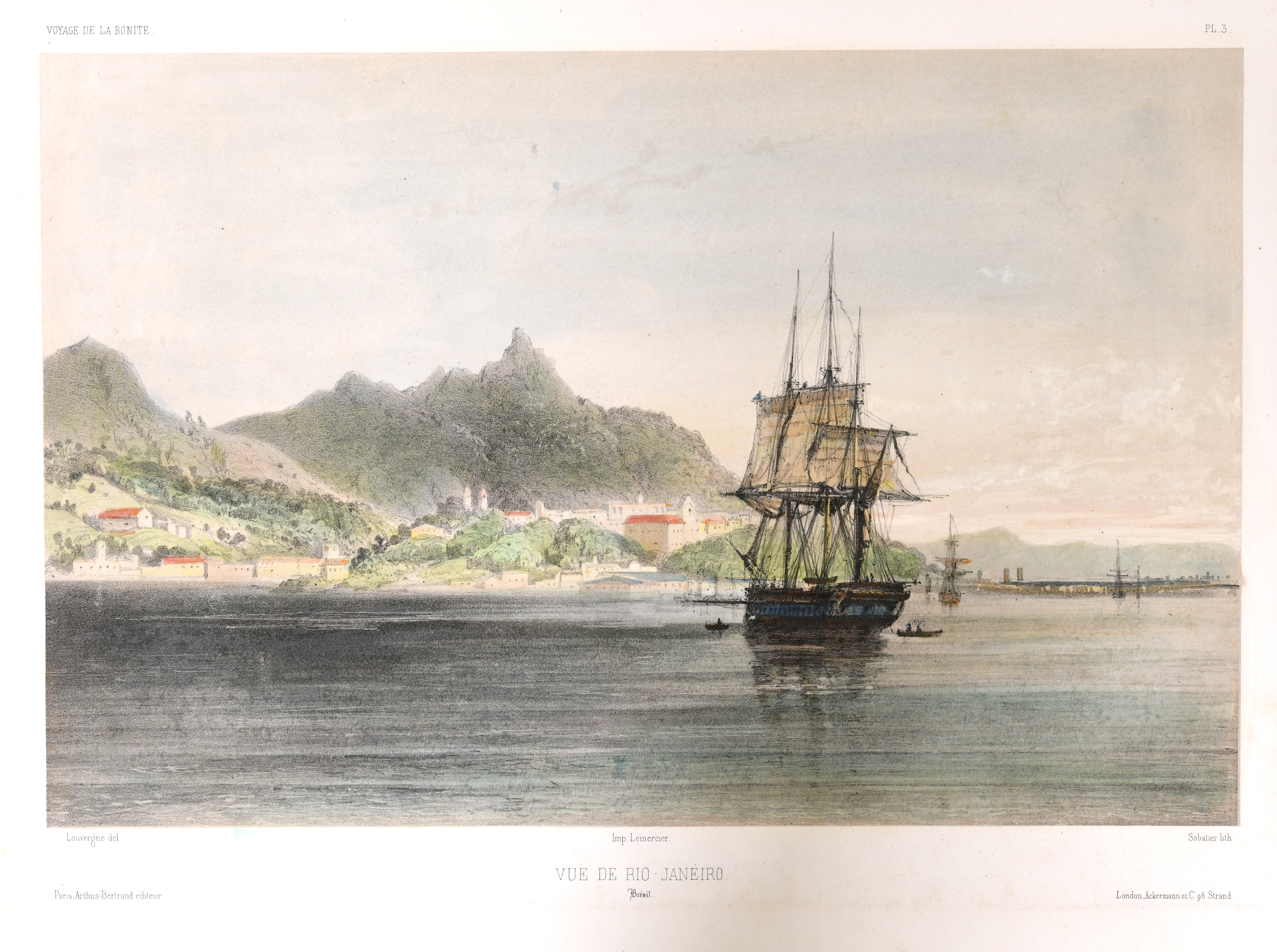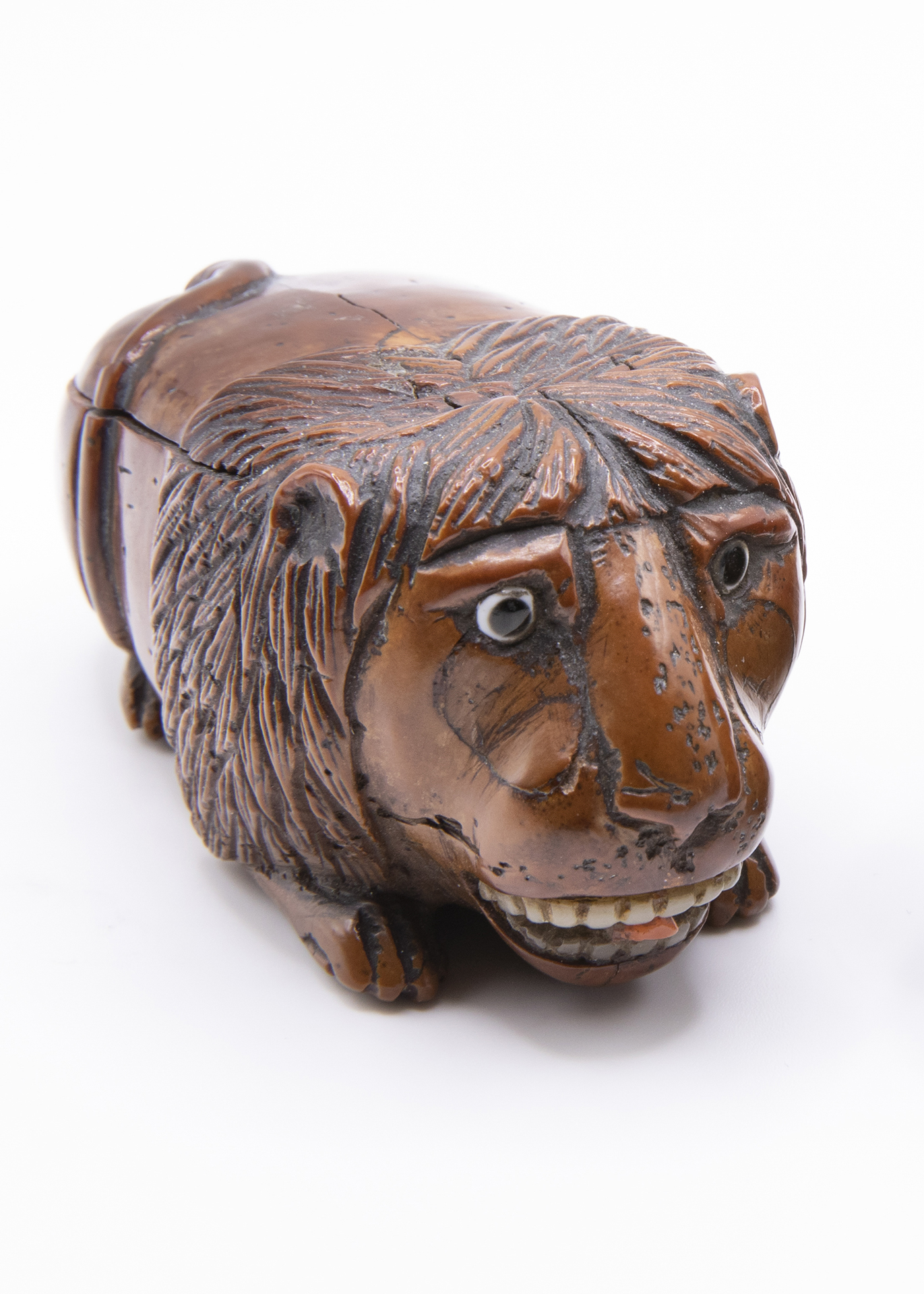Coquilla Nut Carvings: An Afro-Brazilian Artform
New Bedford Whaling Museum
Scrimshaw Gallery Annex
September 20, 2025 – August 30, 2026
Small carved coquilla nut miniature snuff boxes were a distinctive vernacular tradition in the 1700s and 1800s in the Black Atlantic. Most of these tiny treasures are unattributed, meaning we don’t know who carved them. Evidence suggests some were made on shipboard during maritime voyages between Brazil and America, England, and Europe. A few are inlaid with marine ivory (whale teeth). Slavery was still legal in Brazil, and Brazilian crews were racially diverse. Over 25 examples from a private collection demonstrate the artistic contributions of Black mariners in the Atlantic world. These miniature sculptures reveal the breadth of this unique art form, forged under colonial pressures spanning slavery, Portuguese colonization, maritime labour networks, and extractive capitalism. They bring new insight into the creative expression of mariners from Brazil and the Afro-Caribbean in the 1700s and 1800s and speak to cultural and material exchange and the rich maritime networks of production for decorative arts, that included scrimshaw.
This exhibition is made possible through a one-year loan from the David Badger collection of Coquilla Nut Snuff Boxes and Bottles, McLean, Virginia, comprising over 700 examples. The snuff boxes are joined by a selection of items from the NBWM collection that highlight Brazil’s centrality within maritime networks of the 1800s. This project perfectly fits with NBWM’s mission, highlighting diverse maritime experiences, connecting maritime carving traditions like scrimshaw with related forms, and expanding our viewpoint on the lusophone world.
